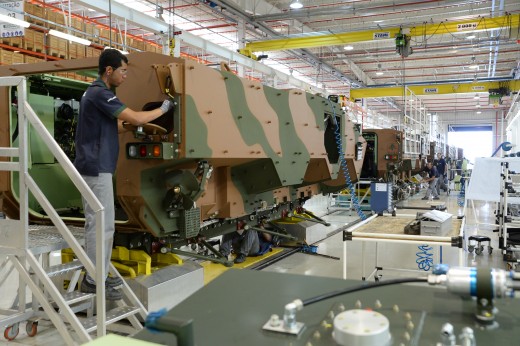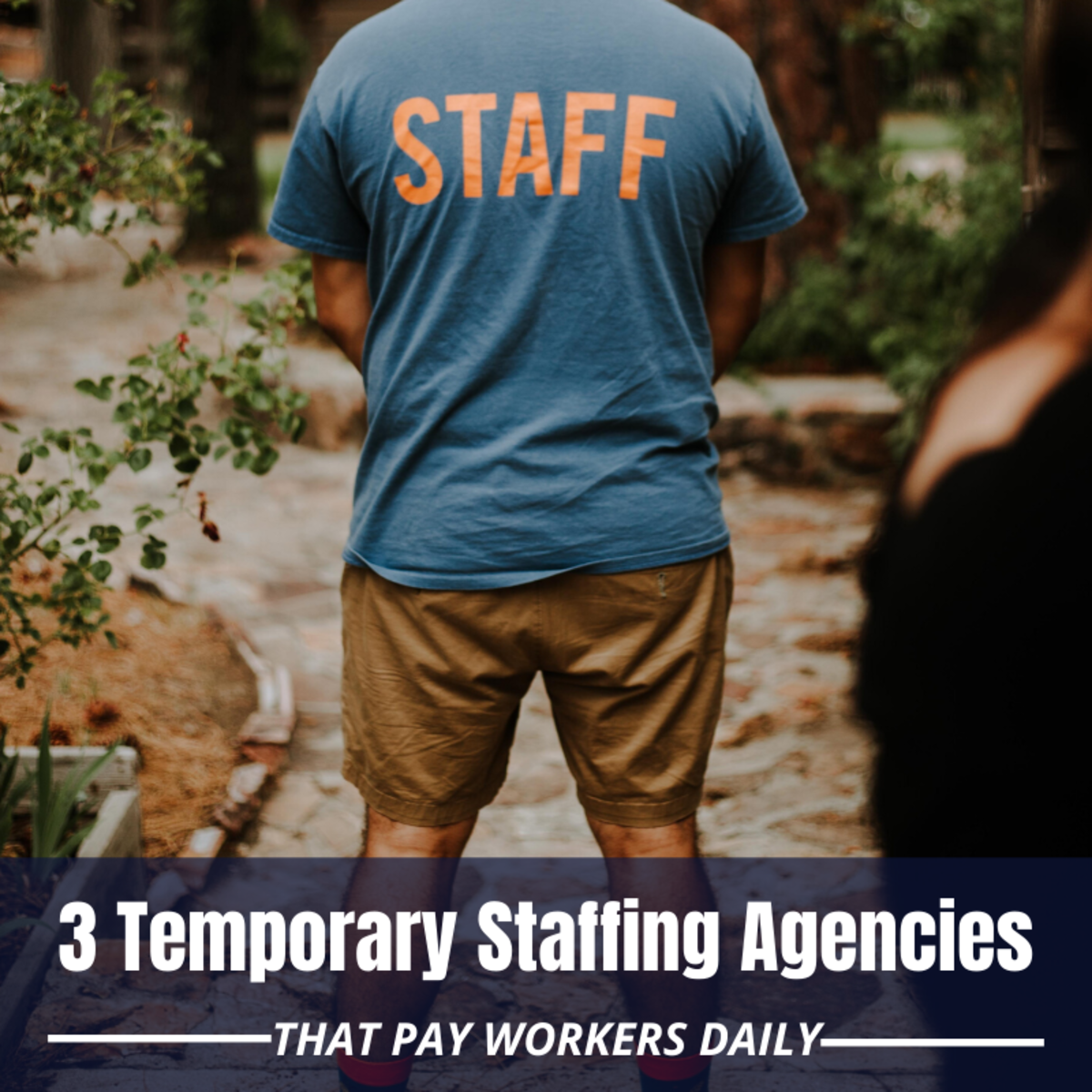Temporary Workers: Rights and Responsibilities
What is a Temporary Worker?
There are two groups most employees fall in when they are not directly hired into the company they are working for. These are temporary workers, and independent contract workers.
Temporary workers are used to fill staffing when there are other factors that make the employer unwilling to fully hire. An example could be, a large hotel wanting to put up Christmas decorations. They don't have the manpower to do it quickly and still perform their regular work, so they may want to outsource that to temporary workers. It could also be filling spots on a factory line, when the tasks are very low skilled, such as stacking boxes. These workers are associates of the staffing agency that sends them, and not the company that uses them for work, but they answer to employees of that company as their supervisors during the work. They are W-2 tax filers, and fall under the benefits of the agency that sends them to work, not the location that they perform the work.
Independent contractors are similar, in some ways, but have a few key differences. They are considered 1099 tax filers. Contractors are often paid for doing a certain task, as opposed to paid for their time. They work out the expected time in the contract, so if they finish early, they earn more, if they finish late, they earn less. The IRS has guidelines that are required to be met to be considered a 1099 contractor. The main point to remember is, an independent contractor must be able to make their own decisions, and operate however they wish to accomplish the assigned task. If they are not able to make their own decisions, then they are being managed by the company, and are not able to be classified as independent.
- Temporary Employee Safety
Employers are also responsible for the safety of their workers, even temporary workers!
Misclassification of Temporary Employees
There have been many cases where an employer wrongly classifies an employee, either from lack of understanding, or in some cases, an intentional act to deny those workers certain benefits.
Some of these benefits that temporary workers should have, but independant contractors do not include:
- Minimum Wage and Overtime
- Job Protected Leave
- Worker's Compensation
- Unemployment Insurance
- Employer Pay of Half Social Security and Medicare Taxes
According to the Department of Labor website, "In Fiscal Year 2015, WHD investigations resulted in more than $74 million in back wages for more than 102,000 workers in industries such as the janitorial, temporary help, food service, day care, hospitality and garment industries".
This goes to show how much those companies were saving by classifying these employees incorrectly, whether it was on purpose or not. They would have still been better off doing it correctly, instead of getting hit with huge penalties later. This will encourage businesses to learn these guidelines more thoroughly, and to do the right thing with that information.
If there are concerns with the classification, the associate should contact their staffing agency or that agencies human resources department. If the issue continues, the Department of Labor is available to help either over the phone or through web resources.

Who is Responsible for Temp Workers?
Temporary employees are provided the same treatment as regular employees working in the same areas. They must be equally protected from injuries, and provided the same protective equipment. Staffing Agencies and the companies they provide workers to share the responsibility of the temporary workers.
The best way is by having agreements as to which aspects each side will take responsibility for. A good relationship will help both, because if one side agrees to handle training for example, and they don't do what they agree to, the other party is still liable too. A well documented process will prevent miscommunication and oversights on both sides, and more importantly, lead to the better protection of the temporary employee as well.
Federal agencies such as OSHA can cite both parties for failure to meet standards. This is to prevent passing the blame back and forth, and hold them accountable to the regulations.
Companies must take care not to assign jobs to temporary work in an effort to save their own employees health. That means they should not assign the most dangerous tasks to temporary employees, just because they are temporary.
Negatives of Temporary Work
Temporary work does have some drawbacks as well. Not every employer will offer "temp to hire" programs. These are when there is a hard date, such as 90 or 180 days, where they will either hire or release the worker. This may lead to long term temp roles without a high chance of ever getting hired by the parent company.
The first and probably most immediately noticeable difference, is that there may be less pay despite doing the same work and being paid less than the regular employees.
As a temporary employee, you also may not receive all the benefits of the other workers around you doing the same job. You may not accumulate vacation at the same rate, if the staffing agency policy is different from the host employer.
Profit sharing by the company may also not apply to temporary employees. This can sadly lead to a cycle of staffing more temporary employees, because they pay less, and they leave more in the bonus funds for the regular workers depending on the company bonus policies.
At the end of the day, the worker must be protected and treated fairly, but that does not necessarily include all of the extras afforded to the company's regular full time employees.

Benefits of Temporary Work
Taking a temporary job should not be a disappointing thing. They serve many purposes, and can have an otherwise unemployed worker assigned a paying job, often within days of contacting them.
Often overlooked, the experienced gained will provide help in future job searches. Many factories require manufacturing experience, and an easy way to build an experience base is temporary work. It opens the doors for full hire jobs in those sectors that an individual may not have had prior experience doing.
The second overlooked benefit is networking. A temporary worker probably will not meet many upper management staff, but a good impression on the floor managers can often spread the word that a worker is reliable, trustworthy, and may be worth a look when the time comes to hire. It can be a great opportunity to get a foot in the door at a company that is difficult to be hired into off the street, especially if they receive hundreds of applications for only a dozen positions each year.
Interview With a Temporary Worker
Building a Stable Job History
As an employee of the temporary staffing agency, a person may be sent to multiple places as a worker. When writing a resume, all this experience falls under one employer, the staffing service. That means instead of showing 10 different companies in job history, it will show as a solid block of time worked, which can greatly improve the outcome of future job interviews.
Each temporary assignment can add different experience as well. Employers like to see that a person is able to pick up on different tasks as needed, and to learn quickly may be one of the best possible traits when seeking employment, and working as a temporary employee has the added benefit of giving concrete examples of that ability.









